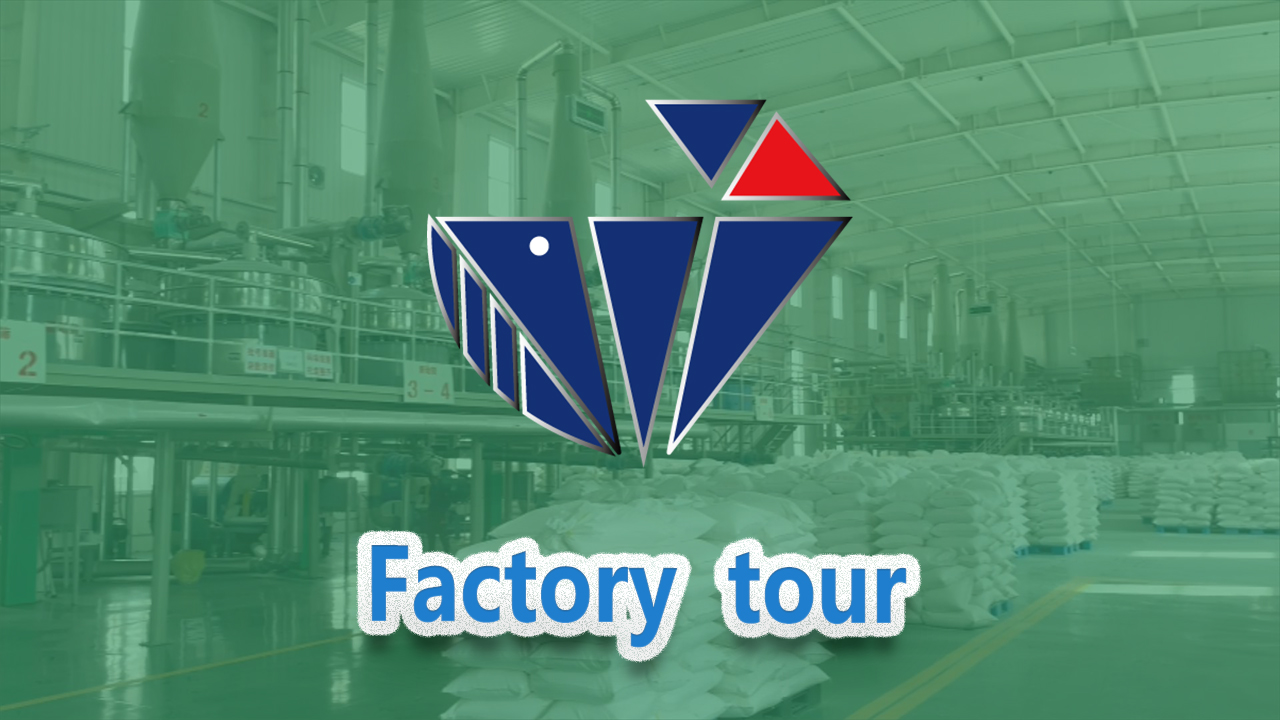
Gus . 30, 2024 05:41 Back to list
HPMC Factory - High-Quality Hydroxypropyl Methylcellulose Manufacturer
The Role of HPMC in the Modern Manufacturing Landscape
Hydroxypropyl Methylcellulose (HPMC), a cellulose ether, has become an essential component in various manufacturing processes, particularly in the pharmaceutical, food, cosmetic, and construction industries. This versatile polymer is derived from natural cellulose, making it a safe choice for a wide range of applications. Its unique properties, such as water solubility, gel-forming ability, and film-forming capacity, contribute significantly to its functionality in modern manufacturing.
Pharmaceutical Applications
In the pharmaceutical industry, HPMC is widely used as a binder, thickener, and stabilizer in the formulation of tablets and capsules. Its ability to form a gel in aqueous solutions enhances the bioavailability of drugs, allowing for controlled release and improved patient compliance. Unlike other binding agents, HPMC is inert, meaning it does not react with active pharmaceutical ingredients (APIs), ensuring the integrity of the medication. Furthermore, HPMC's viscosity modulation assists in tailoring the drug delivery systems to meet specific therapeutic needs.
In addition to oral dosage forms, HPMC plays a crucial role in ophthalmic solutions and topical formulations. Its high water retention capacity helps maintain moisture in the eyes, providing relief for dry eye conditions. Similarly, in topical creams and ointments, HPMC acts as an effective emulsifier and stabilizer, ensuring a smooth and consistent texture that enhances user experience.
Food Industry Innovations
In the food sector, HPMC is increasingly recognized for its thickening, emulsifying, and stabilizing properties. It is commonly used in products like sauces, dressings, and frozen foods, where it helps maintain texture and prevents separation. HPMC is also valued for its ability to improve water retention in baked goods, prolonging shelf life and enhancing freshness. As consumer demand for clean-label products rises, HPMC stands out as a non-GMO, plant-derived ingredient, appealing to health-conscious consumers.
hpmc factory

Furthermore, HPMC is suitable for vegetarian and vegan applications, enhancing its desirability in a market that increasingly prioritizes plant-based alternatives. The versatility of HPMC allows food manufacturers to create innovative products that meet diverse dietary requirements while ensuring high quality and taste.
Embracing Green Construction
In the realm of construction, HPMC has emerged as a key additive in cement and gypsum-based products. Its water-retaining properties improve workability and allow for extended open time in mortars, enhancing application efficiency. By incorporating HPMC, manufacturers can produce more sustainable building materials that reduce environmental impact without compromising performance.
Moreover, the use of HPMC in construction supports the growing trend toward eco-friendly practices. As the industry moves towards greener solutions, HPMC’s biodegradable nature further reinforces its positive image and aligns with global sustainability objectives.
Conclusion
In conclusion, HPMC has established itself as an indispensable component across multiple industries, from pharmaceuticals and food to construction. Its versatility, safety, and effectiveness make it a preferred choice among manufacturers aiming to innovate and enhance their products. As technology advances and consumer preferences evolve, HPMC is poised to play an even more significant role in the future of manufacturing. Its potential to contribute to sustainable practices while ensuring product quality and efficacy reflects the broader trends of our time, aligning with the vision for a healthier and more responsible industrial landscape.
-
Versatile Hpmc Uses in Different Industries
NewsJun.19,2025
-
Redispersible Powder's Role in Enhancing Durability of Construction Products
NewsJun.19,2025
-
Hydroxyethyl Cellulose Applications Driving Green Industrial Processes
NewsJun.19,2025
-
Exploring Different Redispersible Polymer Powder
NewsJun.19,2025
-
Choosing the Right Mortar Bonding Agent
NewsJun.19,2025
-
Applications and Significance of China Hpmc in Modern Industries
NewsJun.19,2025







